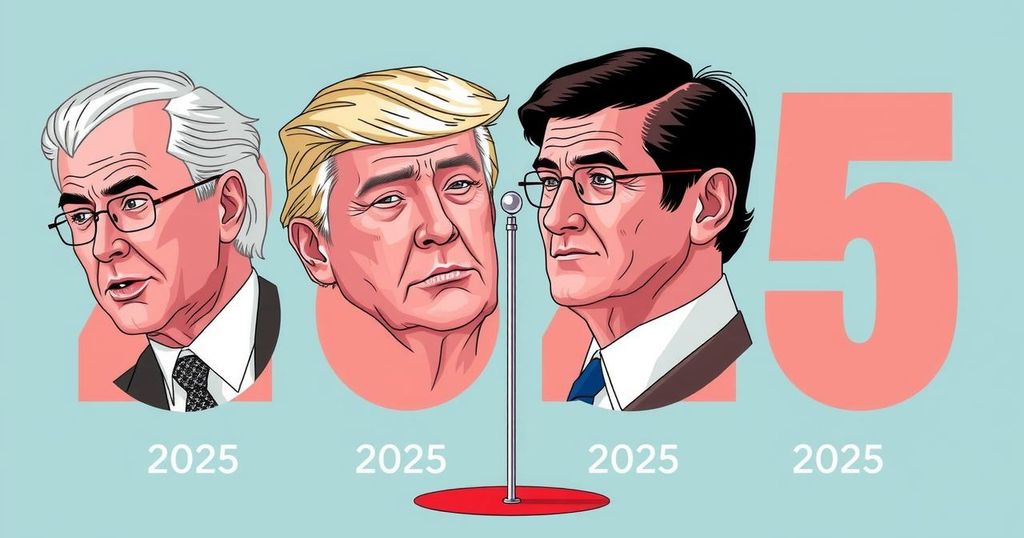As nations prepare for the elections of 2025, numerous countries face turmoil influenced by conflict and political instability. Over 70 nations are expected to hold elections, raising challenges related to security, legal frameworks, and public infrastructure. Addressing these issues while receiving international support will be vital to conducting credible elections that reflect the people’s will amid turmoil.
As the 2024 elections conclude, the world turns its gaze toward 2025, a year anticipated to be rife with electoral challenges in numerous nations. With over 70 countries planning national elections amid various states of political upheaval, the potential for turmoil is significant. Countries such as Libya, Mali, and Belarus face complex dynamics that could hinder the election process, exacerbating existing grievances. In light of the ongoing crises, establishing credibility within various electoral frameworks becomes imperative to ensure that elections genuinely reflect the will of the people.
To foster an environment conducive to credible elections, countries must first stabilize security, ensuring the active participation of candidates, election workers, and voters alike. Reforming legal frameworks is crucial to eliminate restrictions that enable repression and intimidation, as seen in regions like Tanzania and Belarus. Moreover, promoting diverse media representation can empower voters to make informed choices in a politically fragmented landscape.
Another vital consideration lies in securing elections from digital threats. Addressing cybersecurity vulnerabilities prevents malign actors from undermining election integrity. Additionally, rebuilding essential infrastructure is paramount, particularly in post-conflict settings, to facilitate the logistical demands of conducting elections.
The human element of electoral processes cannot be overlooked. Loss of human capital due to conflict heightens the challenges of organizing impactful elections, necessitating concerted efforts to engage those displaced by crises. It is essential to address the underlying grievances contributing to political unrest, or risk exacerbating tensions during elections.
Time constraints pose significant hurdles for many nations in turmoil. Delays can be interpreted as power grabs, leading to distrust in the electoral process. Consequently, external support from the international community can play a critical role in navigating these challenges and facilitating timely, fair elections that resonate with the voices of constituents.
In conclusion, the tumultuous landscape of electoral processes in 2025 underscores the urgency for nations facing upheaval to enhance transparency, security, and inclusivity in their electoral systems. By securing international support and investing in comprehensive reforms, these countries can strive toward establishing robust democratic practices that reflect the true will of their citizens.
Following an unprecedented series of elections in 2024, termed the “super-year of elections,” 2025 is poised to witness significant electoral activity amidst various crises affecting numerous nations. Political instability, violence, and internal conflicts threaten to undermine the integrity of upcoming elections in over 70 countries. The interplay of external and internal factors will significantly influence whether these countries can navigate their tumultuous environments and facilitate elections that respect the democratic will of the people. This context necessitates a careful analysis of the vulnerabilities and strategies that can promote credible electoral practices in challenging settings.
The electoral landscape of 2025 presents a challenging but crucial opportunity for various nations grappling with political turmoil. To ensure that elections fairly reflect citizens’ voices, it is essential to prioritize security, legal reforms, and infrastructure rebuilding while fostering inclusive participation. International support can significantly impact these vulnerable nations, facilitating a journey toward restoring democratic processes. Only through collective efforts can the foundations necessary for credible elections be established and maintained in the face of adversity.
Original Source: www.ifes.org






